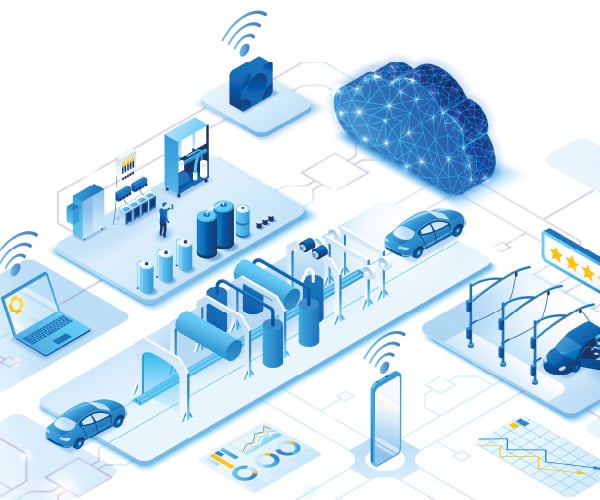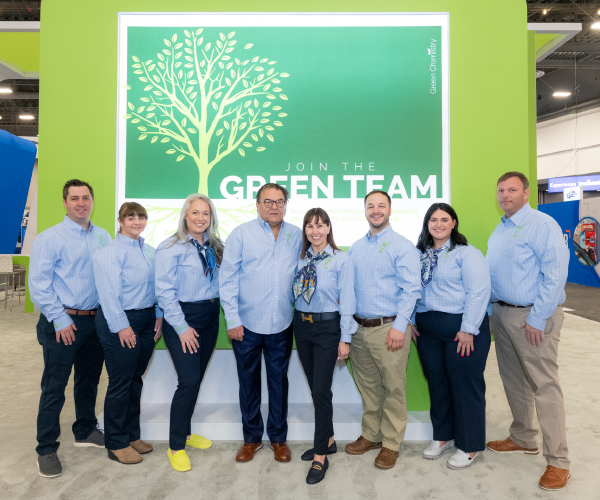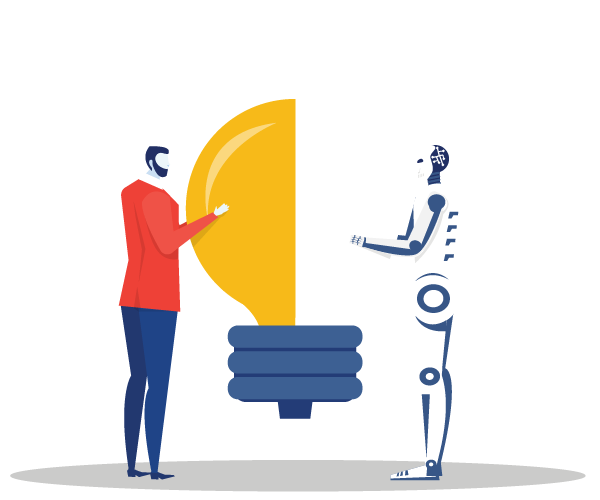
Your Car as Your Wallet?
March 17, 2022
6 minute ReadBY NICOLE NELSON
In a world where contactless options — from shopping to payment and even dining — are increasingly expected, mobile wallets have proliferated. The ability to pay via credit card from a smartphone app has become so popular, some companies are looking at another personal object that could serve as a contactless wallet for point-of-sale payments — your car.
At some point in the not-too-distant-future, automobiles will be equipped to broadcast a signal that may be used for payment at your local car wash. The projection of the vehicular signal may enable your car wash to seamlessly access customer data and, by virtue of the intelligence of the design, better understand the driver’s needs.
Titled as vehicle commerce, or V-commerce, this pay methodology has long been in the works with a data-driven approach designed to offer customers greater convenience, a friction-less experience and enhanced customer relationships and retention.
PTOLEMUS Consulting Group, the first strategy consulting and research firm entirely focused on connected and autonomous mobility, forecasts that 600 million vehicles will generate in-car transactions of half a trillion dollars by the end of the decade.
“In-car payments exist already, but our research finds that 17 car makers are already developing embedded payment solutions,” said PTOLEMUS Consulting Group Research Director Andrew Jackson.
In addition to automobile makers, connected vehicle payments are also under development with brands extending from SiriusXM to VISA, for products ranging from fuel and parking payments to content subscriptions and quick service restaurants.
 Innovative Control Systems Vice President of Sales Brian Bath said a number of companies including First Data, a global leader in commerce-enabling technology, have been working on in-car payment collaborations for years. However, that level of research and development requires a significant financial investment.
Innovative Control Systems Vice President of Sales Brian Bath said a number of companies including First Data, a global leader in commerce-enabling technology, have been working on in-car payment collaborations for years. However, that level of research and development requires a significant financial investment.
“Just to get on board with this, they were talking $1 million per company,” Bath said about First Data’s pricing. “Could Chick-fil-A afford this? Yes. Could your local car wash? No.
“I’m sure this will all change, but it is not there just yet,” Bath said, pointing to the falling prices of new technology that has trended over time. “It is also off in to the future for the reason that there are so many legacy cars that want to come into your car wash that don’t have (this smart chip) technology.”
In the near term, Bath suggests car washes utilize more affordable, mainstream data collection solutions.
“Technology exists today that can be put into cars, but you still have too many cars on the road that don’t have that technology in them,” Bath said. “Until we get further down the road, and every manufacturer does it you would limit yourself if you put in a system that couldn’t work for every vehicle.”
What Bath has found that does tend to work for every vehicle is a combination of old and new technologies — ranging from radio-frequency identification (RFID) to license plate recognition (LPR) to mobile application (App) — to seamlessly integrate data into the car wash operational process. By virtue of the fact that RFID and LPR are directly aligned to
the vehicle itself, he is a proponent of these tried and true technologies.
“So many of the express operators in the market today have been using RFID for the past dozen years,” Bath said.
Bath said ICS charges $2 per unit for standard issue RFID tags and up to $3 for customized RFID tags. This amounts to a $20,000 to $30,000 investment for a club member base of 10,000.
In comparison, Bath said the upfront cost for LPR is about 50% more expensive as it requires specialized computers and cameras. Apps run the gamut, with pricing ranging from $4K up to $30K.
“We have some operators that are switching from RFID to LPR, but we leave the RFID in because we can do both,” Bath said. “You have your older customers that may have been with you for many years and they have an RFID tag, and now you put LPR in a new site, we can do it all.”
For the foreseeable future, Bath is emphatic that if a car wash does not have an RFID system or an LPR system, it will limit itself on the number of vehicles it can service.
“Competitors may say you don’t need any of this because you will be able to read the smart chip in the car,” Bath reiterated. “That is fine on new cars but that doesn’t exist on your 2015 car or your 2010 car. So if you don’t have an LPR system or RFID you are doing yourself a disservice.”
DRB’s Senior Vice President of Sales Todd Davy said the collection of license plate data has been enhanced by LPR camera imaging that uses technology to identify the plate.
“The problem that you still have with that is, especially with the winter that we’ve just seen, all the snow on plates makes them tough to read,” Davy said. “You’ve got to clean the plate off before the car pulls up. Using RFID in conjunction with LPR helps get around that because you can put an RFID sticker on any car to help identify it.”
According to Davy, an app-based or contact-less solution is worth considering, where car wash members are identified by their phone or by their app, whether it be via barcode, Bluetooth or beacon. This will be further reinforced by the license plate read or the RFID sticker to verify that the vehicle is actually there that matches the phone and the app.
“We’re actually shifting to a progressive web application. Think of it as a website built using web technologies but that acts and feels like a mobile app.” Davy said. “This technology prevents you from having to create an app and go through Apple or Google Play to get everything approved and published. Also, no updates are required. Instead you could make the changes to the website, and when a customer opens up that link, the next time on their phone, it’s ready to go. It’s already updated, there’s no downloading, nothing that has to tie into that.”
Ultimately, Davy said, a combination of three modes is key for today’s success.
“License plates will get you 90% to 95% of the way there, RFID gets you to 99.9% of the way there. And eventually, progressive web applications may be where it goes, but it is just going to depend on the actual user,” he said.
But, opinions vary on what the future hold when it comes to contactless payment options and what will prevail. Chris Andersen, Vice President of Business Development for GO Car Wash, which just opened its 37th location, firmly believes RFID tags will go away in the future. For that reason, GO has heavily invested in LPR as the franchise strives to have 100% LPR and zero RFID at each of its sites.
“We are in the process of converting 100% of our washes to LPR as we are achieving read rates of 98%,” Andersen said. “The underlying reason we do LPR is because we are on a journey to get closer to our customers and give them an individualized experience based on their needs.”
A key element of this initiative is to better understand their customers by collecting data such as license plates, car make and model, phone number, email, address, purchase behaviors and much more. “Once that is all linked, then we can provide an individualized experience to exceed their expectations,” Andersen said.








